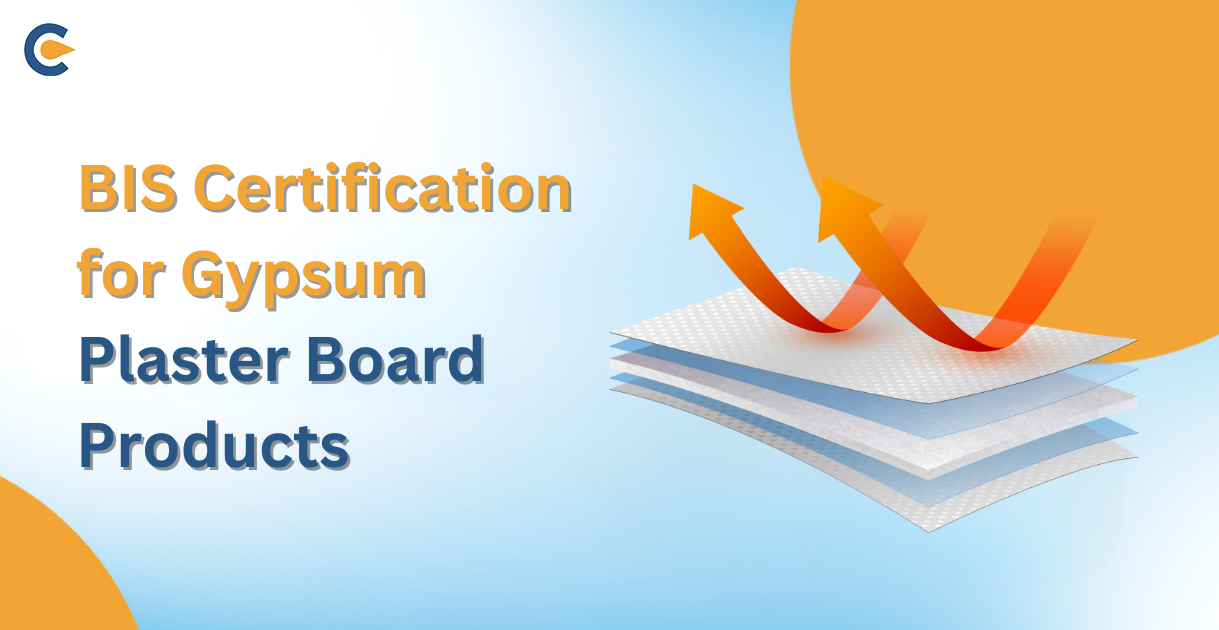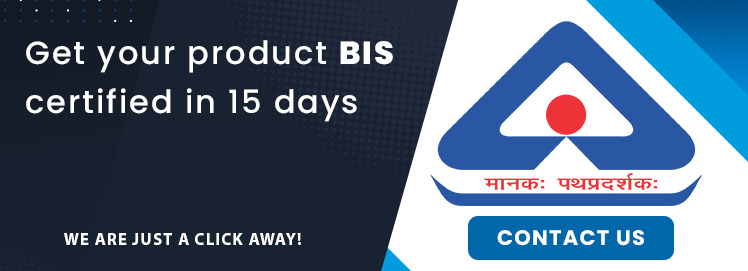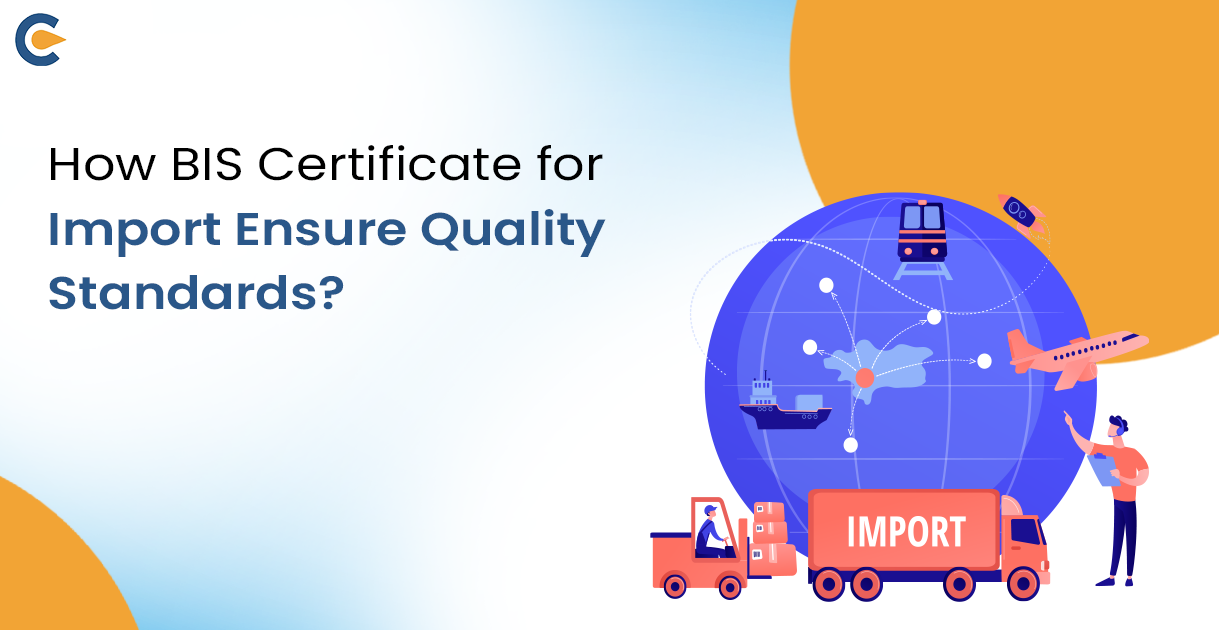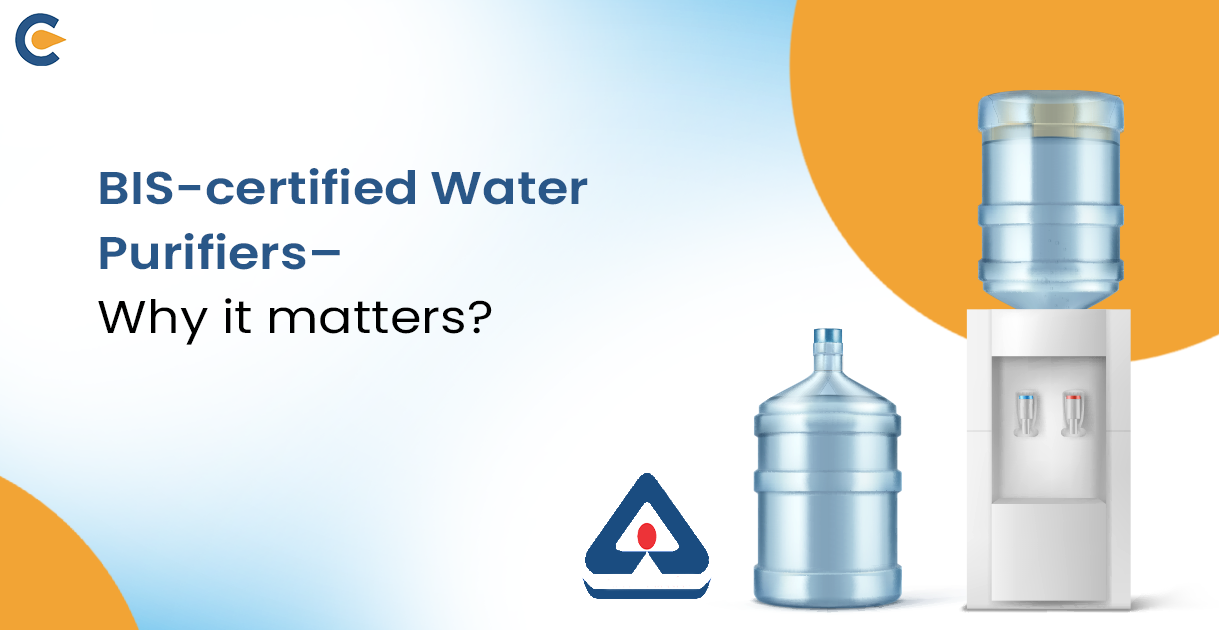The certification from the Bureau of Indian Standards (BIS) is crucial for guaranteeing the safety and quality of different items that are sold in the Indian market. Gypsum plasterboards are subject to strict quality standards to maintain structural integrity and user safety while being widely utilized in construction due to their versatility and longevity. Extensive testing and evaluation of characteristics like compressive strength, fire resistance, moisture resistance, and dimensional stability are part of the BIS certification procedure for gypsum plasterboard products. Adherence to BIS standards not only bolsters consumer assurance but also promotes commerce by bringing items into line with national quality requirements. This certification promotes trust among customers and stakeholders in the building sector by attesting to the manufacturer’s dedication to providing dependable and high-quality gypsum plasterboard products.
What are the required tests for Certification for the Gypsum Plaster Board?
The required tests for Certification for the Gypsum Plaster Board are as follows –
- Tests for Density and Dimensions
- Tests for Flexural Strength
- Impact Resistance Test
- Test determining the content of glass fibre
- A Panel Mass Test
- A test of Moh’s Hardness
- Loading Capability Test
- A test for checking the Hardness of the surface
- Water Absorption Test
What is the importance of Certification for the Gypsum Plaster Board?
The importance of BIS for the Gypsum Plaster Board is as follows –
1. Legal Requirement
A BIS License is a mandatory requirement, and without obtaining it from the Bureau of Indian Standards, the business would not be meeting the legal requirements set by the BIS, and that could make them legally liable for fines and penalties. Until and unless the BIS License is acquired, the business might even be shut down for that period.
2. Assurance of Quality
BIS Certification for the Gypsum Plaster Board is important for assuring the quality of the material for the customers. These are used in building house, office, buildings, and their interiors; hence, their quality should be maintained, and with a BIS License, the customers get the assurance about adherence to the quality standards. Gypsum plasterboard can be harmful inside the building if its quality is not maintained since bad quality plasterboard can fall on someone at any time or come off the walls in a very short time.
3. Compliance
BIS has made certain quality standards for different types of products, and it expects manufacturers to maintain those quality standards in the market in the interest of consumers. Failure in compliance formulated by the BIS can even lead to the cancellation of the License. The standard set for the BIS Certification for the Gypsum Plaster Board should be maintained even after registration is completed.
4. Consumer Satisfaction
Consumers trust the BIS and the BIS registration process it involves; hence, the manufacturers with the BIS Certification for the Gypsum Plaster Board can gain the trust of the consumers pretty quickly, which will eventually benefit their business and growth.
5. Access to Indian Market
With the growing need for a Gypsum Plaster Board in the market, the manufacturers are aware enough to meet the regulatory requirements and get the BIS Certification for the Gypsum Plaster Board before selling the products in the market. Manufacturers know that consumers trust the government authorities and the licensing; hence, to gain market access, they already make sure that they have all the required licensing.
6. Opportunity in the Foreign Market
Having the BIS Certification for the Gypsum Plaster Board can get you the chance to enter into the export business as well since many countries recognize BIS as a safety and quality assurance mark. Compliance with the BIS guarantees business opportunities for the manufacturers, whether in the Indian market or foreign market.
7. Dispute Minimization
While adhering to the BIS standards, the manufacturer makes sure that all the fronts are covered and the product is safe for use in the household without the chance of any accident. It reduces the risk of disputes between them and the consumers in case of faulty products. The defects in the product are less likely to be found, and the market reputation is also secured by obtaining the BIS Certification for the Gypsum Plaster Board.
BIS Certification for the Gypsum Plaster Board holds much importance to enter and compete in the market since it gives quality and safety assurance to the customers along with maintaining the legal compliance that has been made mandatory by the government for the smooth functioning of the market and protecting consumers interest with the product’s quality adherence.
Conclusion
In summary, BIS certification is critical for Indian gypsum plasterboard products. It represents a dedication to quality, safety, and customer pleasure that goes beyond just regulatory compliance. By obtaining BIS certification, producers guarantee that their goods fulfil the strict requirements established by the regulatory body, thereby enhancing consumer trust and streamlining market entry. Furthermore, it acts as a doorway to both local and foreign markets, expanding export prospects and reducing risks related to product quality and safety. Manufacturers respect their legal commitments and show their commitment to providing dependable and superior gypsum plasterboard products by getting and maintaining BIS certification. As a result, BIS certification becomes necessary not only to comply with regulations but also to mark the quality and reliability of the sector.
Corpbiz can help the manufacturers of Gypsum Plaster Board products get the BIS Certification from the authorities in a short time frame. We have a streamlined process to get the registration done so that the manufacturers can continue with the business practices without much tension about the regulatory paperwork. The experienced individuals at our organization will help you from the start to the end to give you expert guidance in a cost-effective manner.
Frequently Asked Questions
How much time is required to get BIS Certification for the Gypsum Plaster Board?
To get the BIS Certification for the Gypsum Plaster Board, around 120 days are needed. The day since the registration form is submitted is considered the first step, and after that, the applicant has to wait a long time to get the registration done.
How can we get the registration done?
The BIS Certification for the Gypsum Plaster Board can be done in two ways –
· Regular procedure
· A simplified Procedure
For more details, contact the executives of our organization.What is the importance of compliance management of BIS?
The Bureau of Indian Standards has made certain quality standards for different types of products, and it expects manufacturers to maintain those quality standards in the market in the interest of consumers. Failure in compliance formulated by the BIS can even lead to the cancellation of the License. The standard set for the BIS Certification for the Gypsum Plaster Board should be maintained even after registration is completed.
Is it mandatory to have BIS Certification for the Gypsum Plaster Board?
Yes, it is mandatory to have a BIS Certification for the Gypsum Plaster Board business in India.
Which ‘IS’ code is necessary to maintain the quality & safety of the Gypsum Plaster Board?
IS 2095 (Part 3):2022 is necessary to maintain the quality & safety of the Gypsum Plaster Board.
What is tested while giving BIS Certification for the Gypsum Plaster Board?
Extensive testing and evaluation of characteristics like compressive strength, fire resistance, moisture resistance, and dimensional stability are part of the BIS certification procedure for gypsum plasterboard products.
What is the Gypsum Plastering IS code?
The Gypsum Plastering IS code is IS: 2547.
In which way does the BIS Certification help in fewer disputes?
BIS Certification for the Gypsum Plaster Board makes sure that the quality and safety standards are met by the manufacturers, leads to better products in the market, which makes sure that there are no faults while using it; hence, if there are no faults in the products, then there will be no disputes between the customers and manufacturers.
What should be the minimum thickness while plastering?
The minimum thickness while plastering should not be less than 15mm, and the average plastering thickness should be around 20mm.
What is the Indian Standard (IS) for the Gypsum Plaster Boards?
The Indian Standard (IS) for the Gypsum Plaster Boards is as follows –
· Gypsum Plaster Boards – IS 2095 Part-1
· Gypsum Plaster Boards (Gypsum Panels reinforced with glass fibre) – IS 17400
· Gypsum Plaster Boards (Laminated/ Coated) – IS 2692
· Gypsum Plaster Boards (Ceiling Tiles) – IS 2095 Part-3
Read Our Article: Products Exempted From The BIS Certificate













